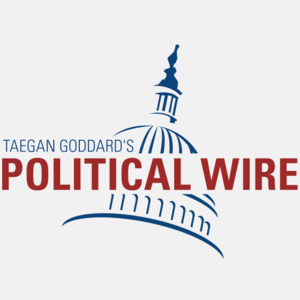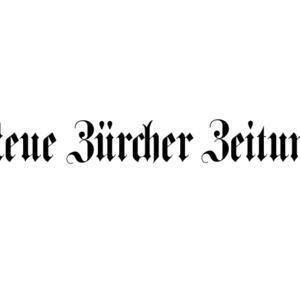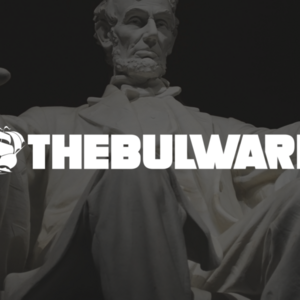President-elect Donald Trump’s cabinet appointments are generating controversy and conversation for their unconventional nature, but they also stand out as one of the most ideologically diverse in modern history. From pro-union Republicans to former Democrats and figures tied to liberal causes, the cabinet reflects a broad range of political perspectives under Trump’s populist vision.
Among the notable picks is Robert F. Kennedy Jr., a pro-abortion-rights advocate, nominated to lead the Department of Health and Human Services.
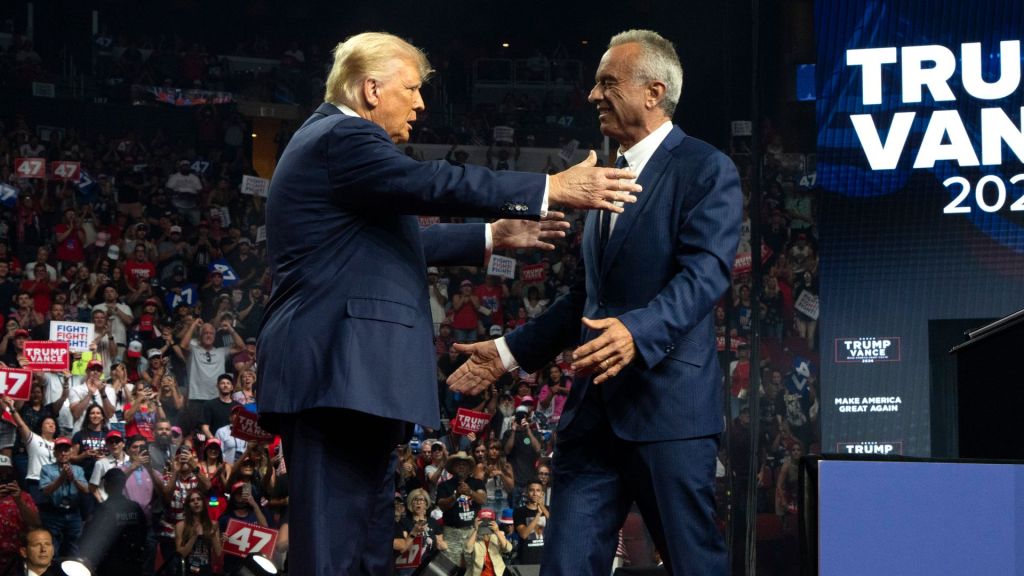
Trump insiders believe Kennedy’s bipartisan appeal may secure his Senate confirmation, a rare feat in today’s polarized political climate.
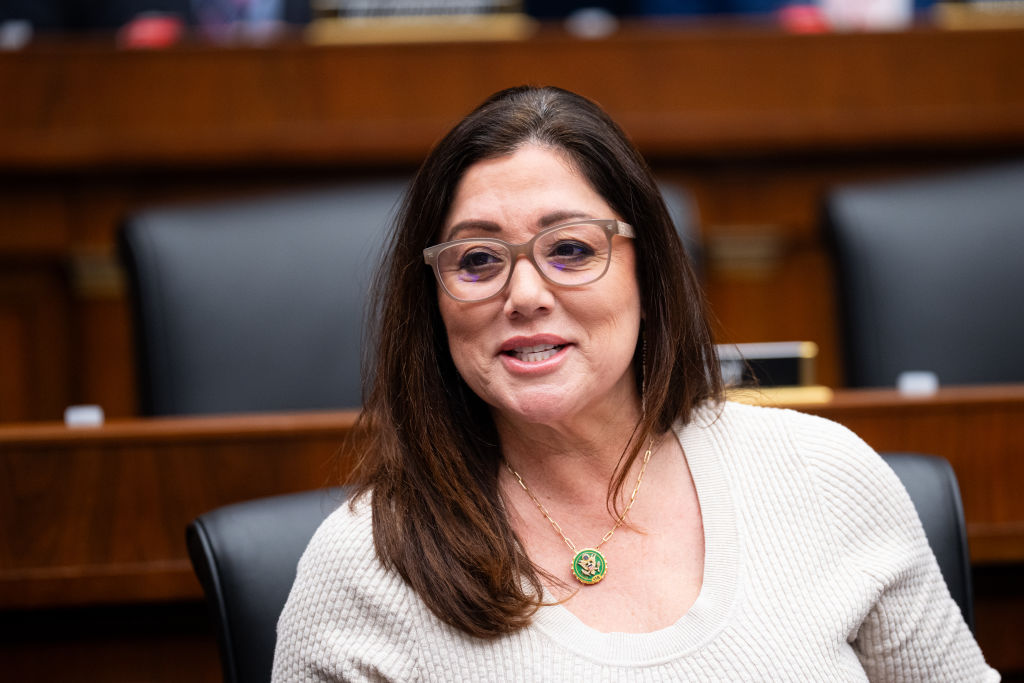
For secretary of labor, Trump has chosen Rep. Lori Chavez-DeRemer, R-Ore., a pro-union Republican who supported the PRO Act — a piece of legislation championed by President Joe Biden to strengthen workers’ rights.
This move aligns her more closely with progressive labor policies than traditional conservative stances.
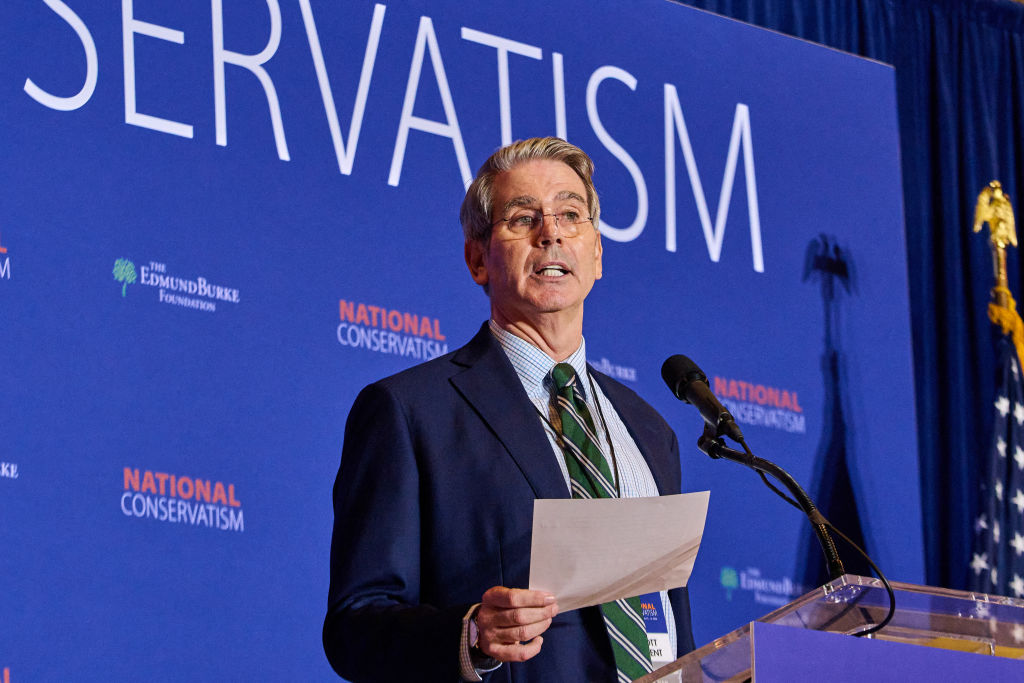
Another eyebrow-raising appointment is Scott Bessent, nominated to lead the Department of the Treasury.
Bessent, a financial expert with deep knowledge of bond and currency markets, previously advised liberal philanthropist George Soros, a figure often criticized by conservatives.
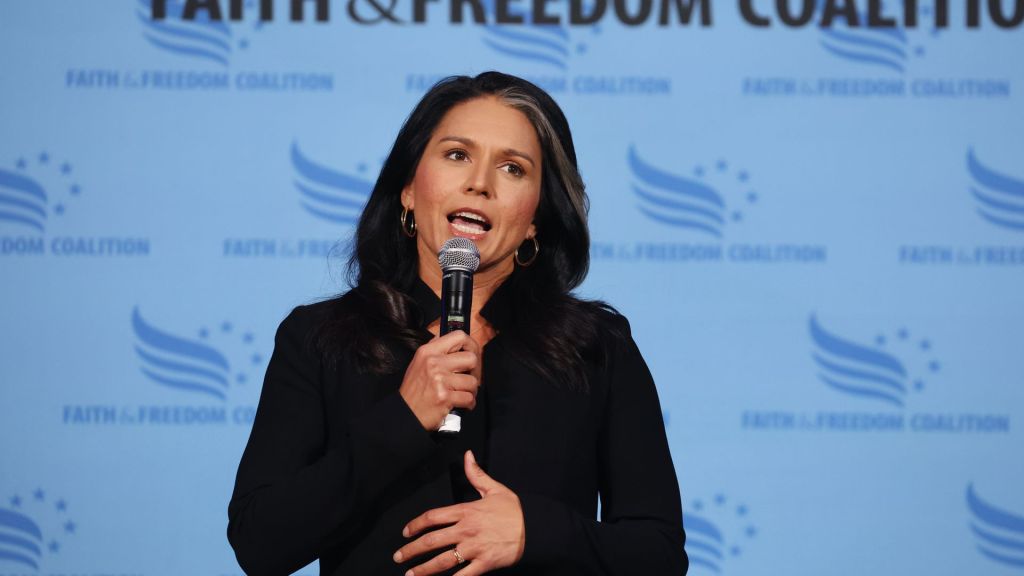
For the position of director of national intelligence, Trump has tapped Tulsi Gabbard, a former Democratic congresswoman.
Gabbard has taken a number of stances that have in some areas isolated her, and she was also placed on a TSA terror watch list for a short time.
Trump’s unconventional picks also include Dr. Marty Makary, a surgeon and Fox News regular, who gained prominence for his contrarian views on COVID-19 policies, as his choice to lead the FDA.
At the Department of Housing and Urban Development, Trump has selected Scott Turner, a former NFL player and motivational speaker, who spearheaded the Opportunity and Revitalization Council during his first term.
Critics argue that many of these nominees lack traditional qualifications or institutional experience, raising concerns about their ability to lead federal agencies effectively. However, Trump supporters hail the diversity of viewpoints as evidence of his commitment to disrupt Washington’s status quo and push bold reforms.
The cabinet reflects Trump’s goal to transform the GOP into a populist movement, moving away from the traditional conservatism of figures such as former President George W. Bush or Sen. Mitt Romney, R-Utah. As confirmation hearings approach, Trump’s choices signal his broader vision of reshaping the political landscape with an emphasis on personal loyalty, disruption and reform.













